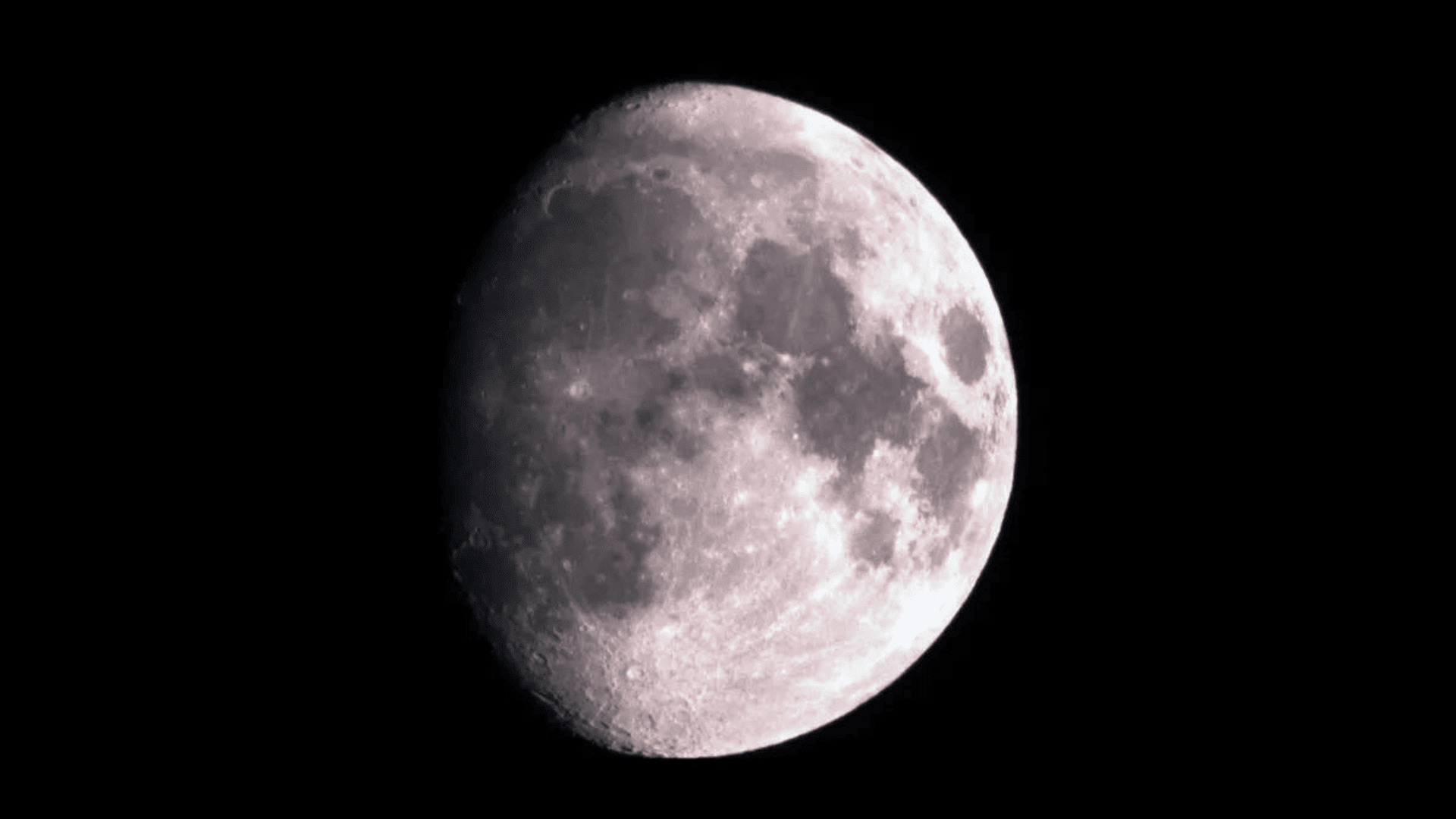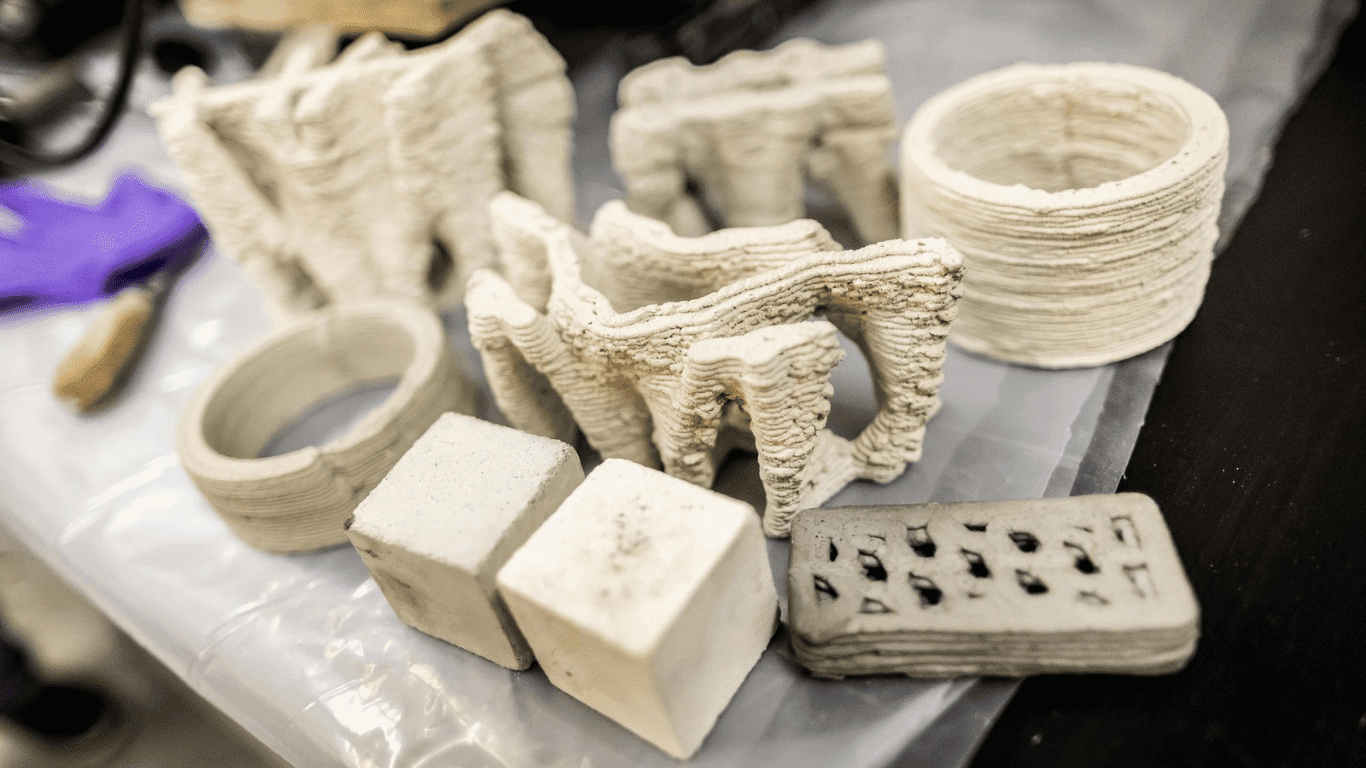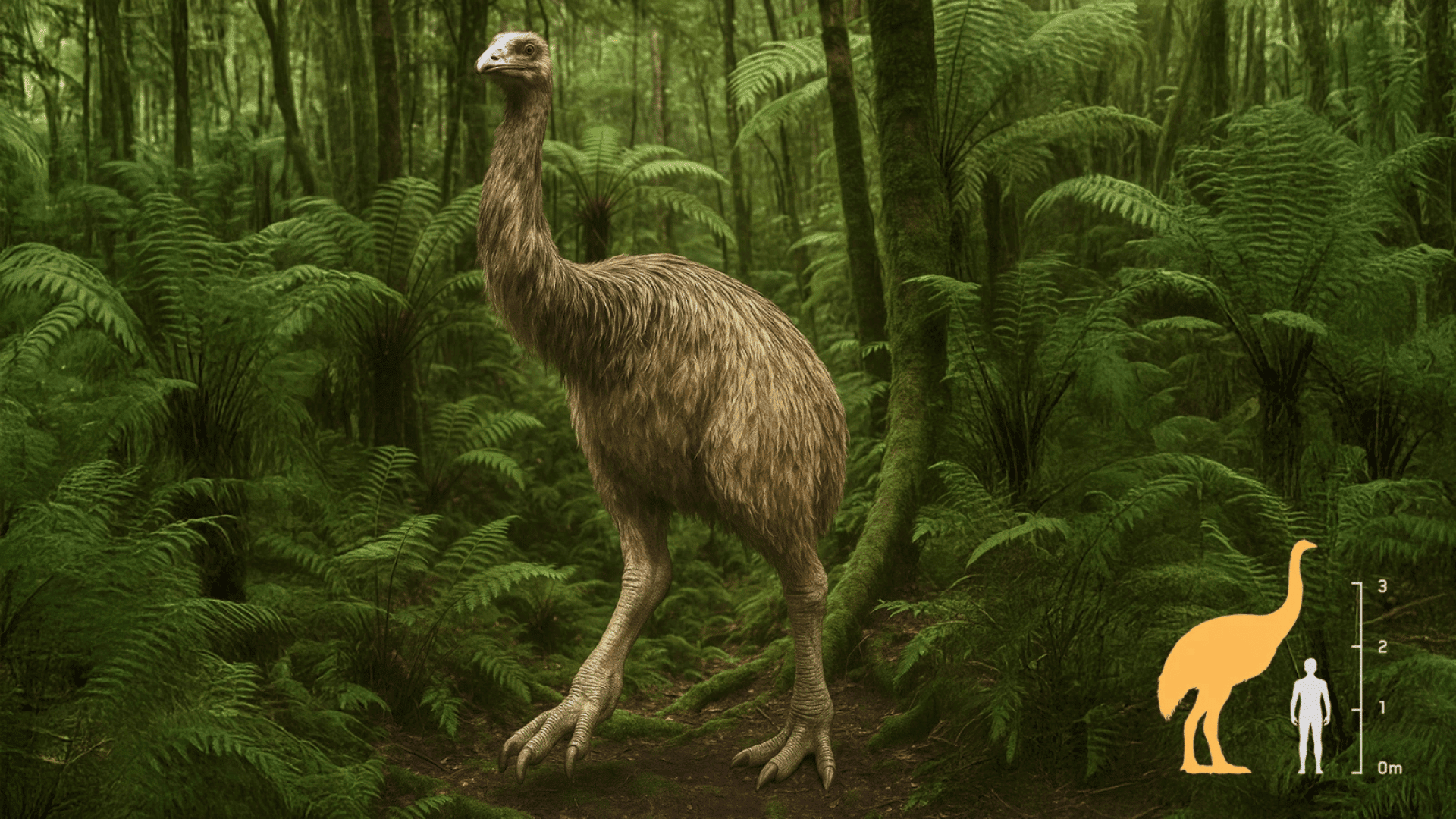An international team of researchers is proposing building a vault on the moon to keep Earth’s species safe.

The proposal was led by Dr. Mary Hagedorn of the Smithsonian’s National Zoo and Conservation Biology Institute. The idea is to create a long-lasting storage facility for Earth’s most vulnerable animal species.
The samples will be cryopreserved, so researchers are attempting to find the best area of the moon for storage. For example, there are craters at the poles whose bottoms never see sunlight and where the temperature remains below -196°C (-321°F).
The temperature makes the area extremely advantageous for the long-term stability of the samples, which could be preserved without any human intervention. Additionally, the moon is so thin that it’s basically a vacuum, so the facility wouldn’t need to account for weather disruptions.
Though the moon does have quakes, its construction location will be similar to those made on Earth, where they’re built in difficult-to-access stable areas. For example, the Svalbard Global Seed Vault had to be refurbished after the surrounding permafrost’s unexpected thawing led to water leaking into the entrance tunnel.
The team plans to develop a protocol beginning with one species: the starry goby (Asterropteryx semipunctata). The lunar biorepository would cryopreserve an animal skin sample with fibroblast cells that could be used to make clones.
Though the idea has potential, the team is considering the challenges it will present, such as transportation, how to protect the samples from radiation, and the facility’s governance. The team hopes to mimic some of the future challenges by building partnerships with space agencies and conducting tests on the International Space Station, to mimic some of the future challenges.







